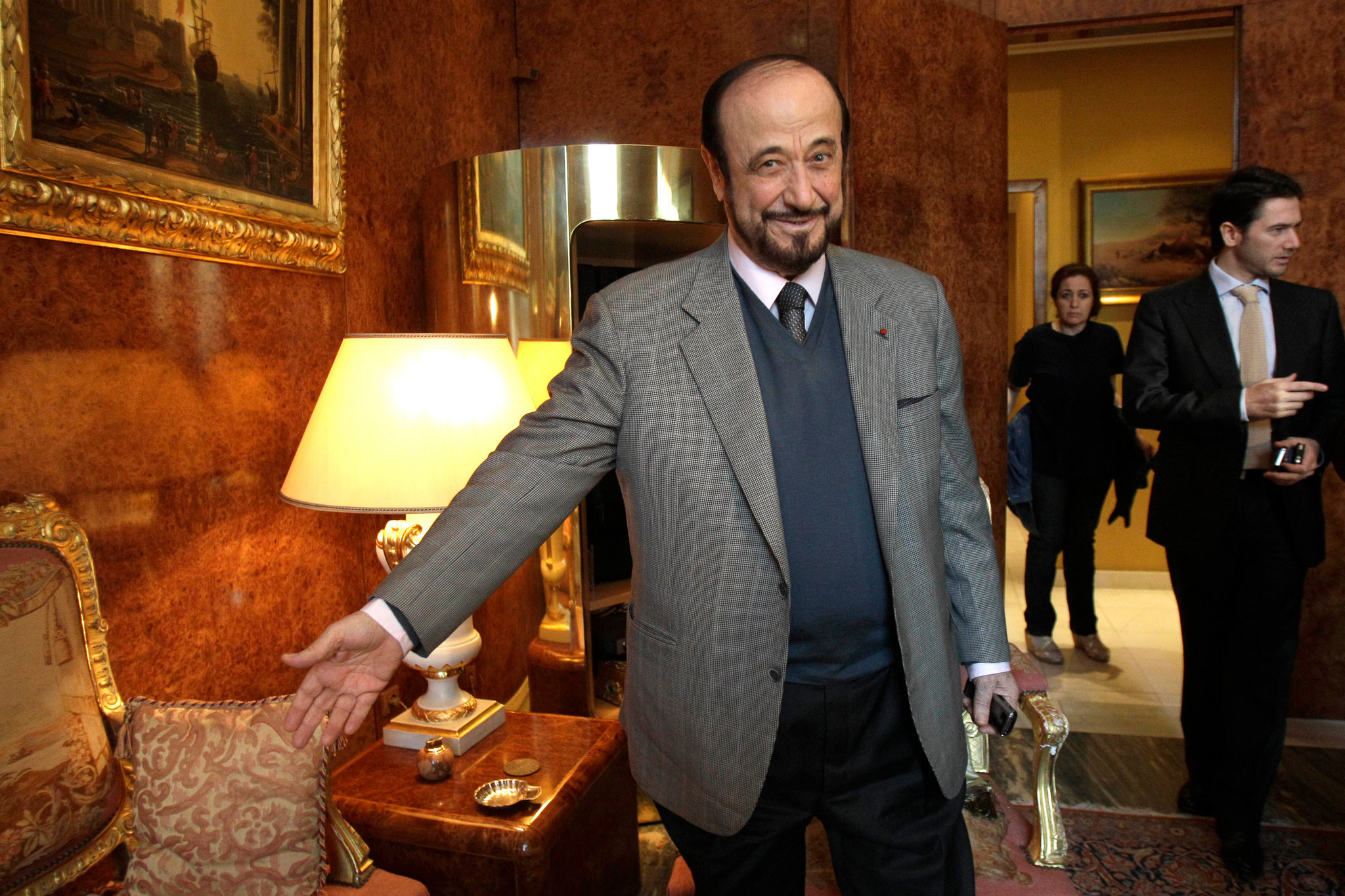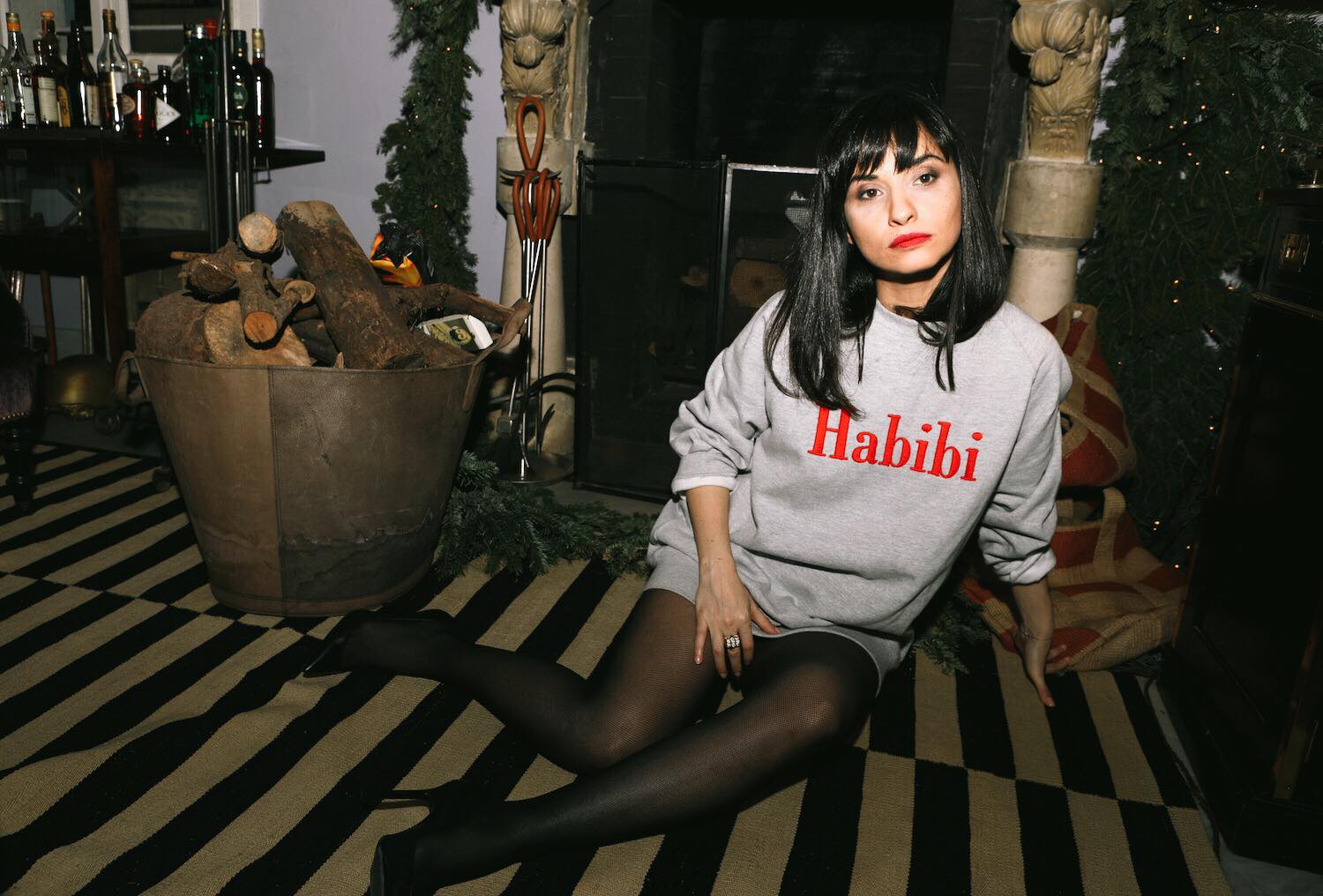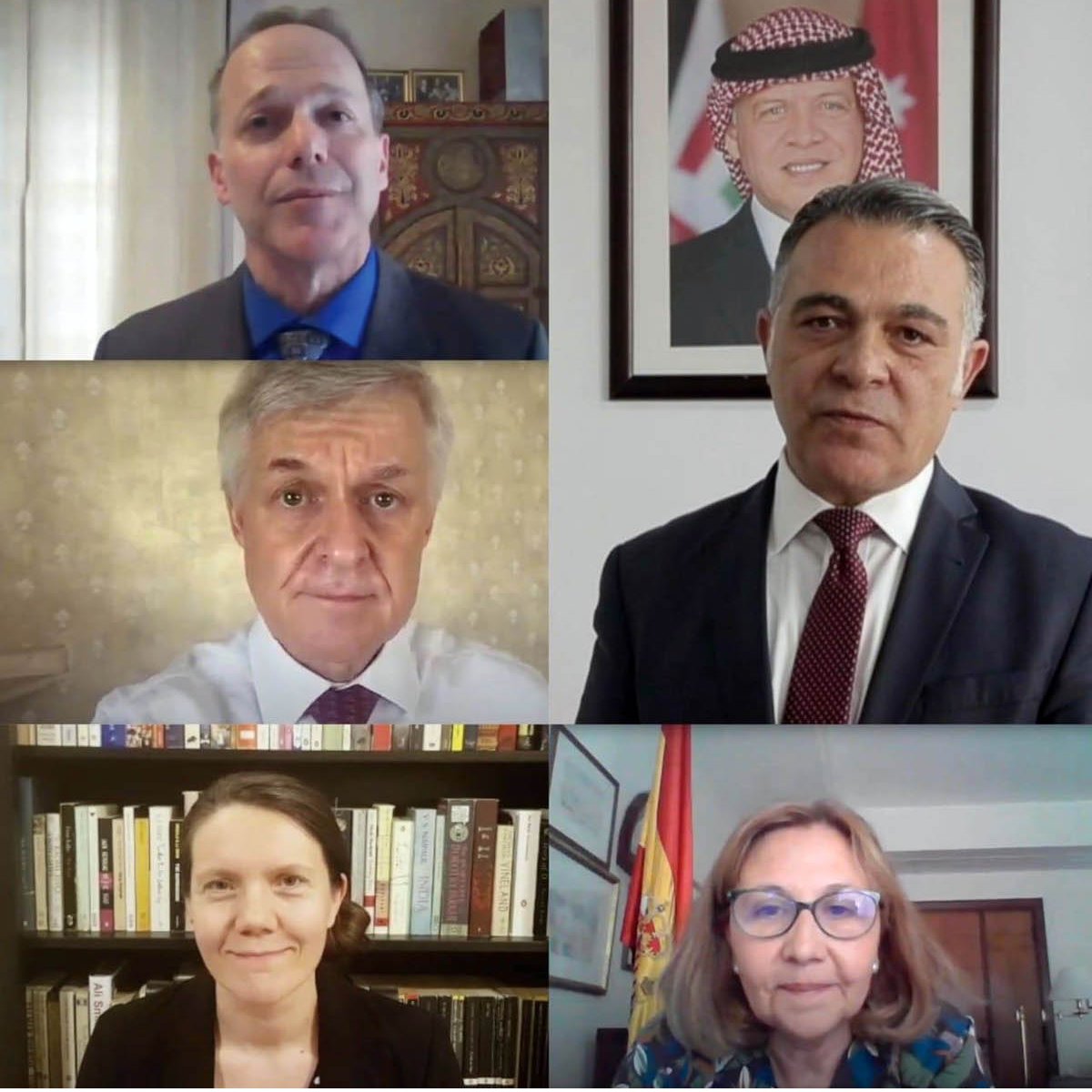On June 17, a French court found Rifaat al-Assad, the 82-year-old brother of former Syrian President Hafez al-Assad, guilty of money laundering. The judiciary sentenced him to four years in prison and he will have all his French and London-based properties seized after he used Syrian state funds to purchase the real estate.
Court case
According to the court documents, between 1984 and 2016, al-Assad acquired property in some of France’s most prestigious neighborhoods and amassed a fortune of roughly $113 million. The French court established that much of al-Assad’s wealth came from Syria, even as he himself claims the Saudi king had offered the fortune as a gift.
Spanish authorities, in a 2017 anti-money laundering operation, seized 500 of his properties estimated to be worth roughly $785 million.
Al-Assad will appeal the sentencing and will not enter detention until his appeal has been processed. Bashar al-Assad’s uncle was also ordered to pay $33,680 to Sherpa and Transparency International France, the two anti-corruption NGOs that first brought al-Assad’s practices to the attention of the French court in 2013.
Sherpa’s lawyer, Vincent Brengarth, told Reuters that “this ruling shows that nobody escapes justice and there is no impunity.”
Rifaat’s past
Rifaat al-Assad was listed as Syria’s vice president until 1998, but lost most practical political power after being accused of a 1984 coup attempt when his brother, Hafez al-Assad, was suffering from heart problems. The Assad-aligned Alawites had been excluded from a council entrusted with ruling Syria, leading some high-ranking officers to throw their support behind the president’s brother, Rifaat.
Rifaat al-Assad led an army of 55,000 to take control of Damascus and disarm Syrian troops but Hafez used his seniority in the Assad family and his recovery to force Rifaat and his allies to abandon the coup attempt. According to News Arabia, Rifaat left for exile with $300 million of Syrian state funds, which he later claimed was a gift from the then-crown prince of Saudi Arabia, Prince Abdullah.
Palace intrigue
Similar to the current palace intrigue over the Makhlouf family, Rifaat had access to state funds through the business empire of his son, Sumer. Like Rami Makhlouf, Sumer was part of the business elite that ensured the Assad family received a cut of all economic activity in the country.
When Bashar al-Assad succeeded his father in 2000, Rifaat positioned himself as the logical successor to the Syrian presidency after having held the vice presidency for decades. But his claims while exiled in France produced no significant opposition to Bashar, who ascended to the presidency as their father had intended.
Rifaat became known as the “butcher of Hama” for his part in the bombardment of Hama, where thousands of civilians died. He had called for Bashar to step down during the Syrian civil war but his little remaining influence proved to be insufficient to achieve his objective.





